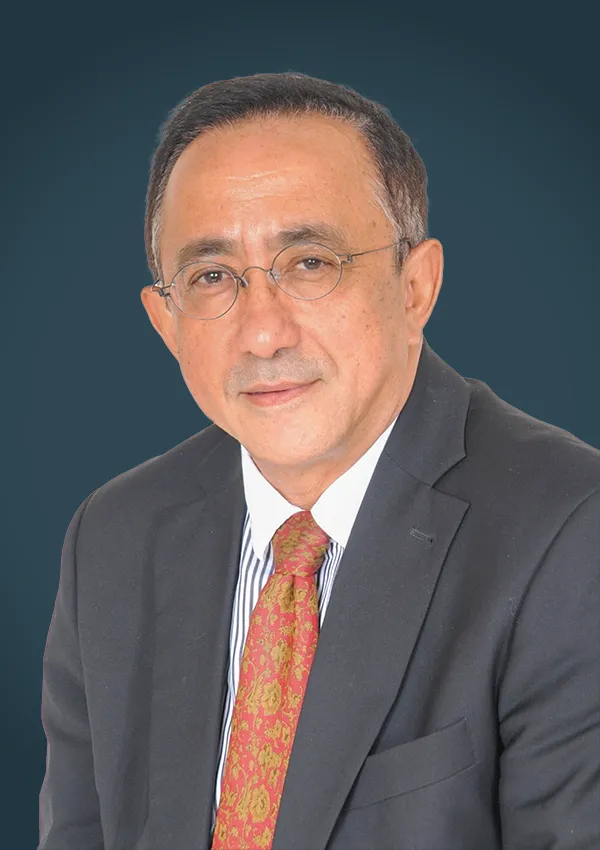
Indonesia’s job market is experiencing rapid transformation, driven by technological advancement, demographic shifts, and changing work preferences. As the world’s fourth most populous country with over 270 million people, Indonesia presents both significant opportunities and unique challenges for businesses operating in this dynamic landscape.
The Indonesian workforce is evolving at an unprecedented pace, influenced by factors ranging from digital adoption to generational changes in work values. International companies looking to establish or expand their presence in Indonesia must understand these trends to remain competitive and build effective teams.
Digital transformation accelerates workplace evolution
Digital technology continues to reshape how Indonesian workers perform their jobs and interact with employers. The pandemic accelerated this transformation, pushing organizations to adopt remote work capabilities and digital collaboration tools that were previously uncommon in traditional Indonesian business culture.
We have observed a significant increase in demand for digital literacy skills across all sectors. Companies in oil and gas, renewable energy, pharmaceuticals, and telecommunications are particularly focused on upskilling their workforce to handle increasingly sophisticated digital tools and processes.
The rise of artificial intelligence and automation has created new job categories while transforming existing roles. Rather than simply replacing workers, these technologies are augmenting human capabilities and creating demand for workers who can work alongside automated systems. This trend requires businesses to invest heavily in training and development programs.
Cloud computing adoption has become mainstream, enabling more flexible work arrangements and improving operational efficiency. Organizations that previously relied on on-premises infrastructure are migrating to cloud-based solutions, creating demand for workers with cloud management and security expertise.
Remote and hybrid work models gain permanent status
The shift toward flexible work arrangements has fundamentally changed expectations in the Indonesian job market. What began as a temporary pandemic response has evolved into a permanent feature of modern employment practices.
Indonesian workers, particularly those in urban areas like Jakarta and Surabaya, increasingly expect flexibility in their work arrangements. This expectation spans across age groups, though younger workers are more likely to prioritize flexibility when evaluating job opportunities.
Companies have discovered that remote and hybrid work models can actually improve productivity while reducing operational costs. Office space requirements have decreased, and businesses can access talent from across Indonesia’s vast archipelago without requiring relocation.
However, implementing flexible work arrangements in Indonesia requires careful consideration of local labor laws and cultural factors. Face-to-face interaction remains highly valued in Indonesian business culture, and successful hybrid models balance flexibility with opportunities for in-person collaboration.
The technology infrastructure supporting remote work has improved dramatically. Internet connectivity has become more reliable in major cities, and mobile technology adoption continues to grow rapidly across the country.
Generational shifts reshape workplace expectations
Indonesia’s workforce spans multiple generations with distinctly different values and expectations. Understanding these generational differences has become critical for effective talent management and retention strategies.
Generation Z workers, who are entering the job market in increasing numbers, prioritize purpose-driven work and career development opportunities. They are more likely to change jobs frequently if their current position does not align with their values or career goals.
Millennial workers, now comprising the largest segment of the Indonesian workforce, seek work-life balance and meaningful career progression. This generation values feedback, mentorship, and opportunities to develop new skills throughout their careers.
Meanwhile, Generation X and Baby Boomer workers bring valuable experience and institutional knowledge, but may require additional support to adapt to rapidly changing technological requirements.
Successful companies have learned to create inclusive environments that leverage the strengths of each generation while addressing their unique needs and preferences. This approach requires flexible management styles and customized development programs.
Skills gaps emerge across key industries
Indonesia’s rapid economic development has created significant skills gaps in several critical areas. The mismatch between available talent and industry needs presents both challenges and opportunities for international businesses.
Technical skills shortages are particularly acute in renewable energy and telecommunications sectors. The transition toward sustainable energy sources has created demand for specialized engineering and project management capabilities that exceed current supply.
Digital marketing, data analytics, and cybersecurity represent growing areas where demand consistently outpaces available talent. Companies are investing in training programs and partnerships with educational institutions to develop these capabilities internally.
Language skills, particularly English proficiency, remain a limiting factor for many Indonesian workers seeking advancement in international companies. This creates opportunities for businesses that invest in language training and development programs.
The pharmaceutical sector faces unique challenges related to regulatory compliance and quality assurance expertise. International standards and evolving regulations require specialized knowledge that is currently scarce in the local market.
Regulatory changes impact workforce management
Indonesia’s employment regulations continue to evolve, creating both opportunities and compliance challenges for international businesses. Recent changes to labor laws have introduced new requirements for worker protection and benefits.
The omnibus law, officially known as the Job Creation Law, has simplified many business processes while introducing new obligations for employers. These changes affect contract structures, termination procedures, and worker benefit requirements.
Social security requirements have expanded, with new programs providing broader coverage for Indonesian workers. Employers must navigate these requirements carefully to ensure full compliance while managing costs effectively.
Foreign worker regulations remain complex, with specific quotas and skill requirements that vary by industry and company size. International businesses must plan workforce composition carefully to meet regulatory requirements while accessing necessary expertise.
Tax regulations affecting employee compensation and benefits continue to evolve, requiring ongoing attention to ensure compliance and optimize total compensation packages.
Economic factors drive workforce planning strategies
Indonesia’s economic landscape directly influences workforce trends and employment patterns. Understanding these economic drivers helps businesses anticipate changes and adapt their strategies accordingly.
Growing middle class purchasing power has created new consumer markets and employment opportunities across various sectors. This growth drives demand for skilled workers in retail, financial services, and consumer goods industries.
Infrastructure development, supported by government investment and international partnerships, continues to create employment opportunities in construction, engineering, and project management.
The manufacturing sector remains an important employer, though automation and efficiency improvements are changing skill requirements. Workers need more technical capabilities and problem-solving skills to succeed in modern manufacturing environments.
Export-oriented industries face pressure to improve productivity and quality standards to compete in global markets. This pressure drives investment in worker training and development programs.
Currency fluctuations and global economic conditions affect foreign investment levels, which in turn influence employment opportunities in international businesses operating in Indonesia.
For companies seeking to navigate these changes effectively, leveraging services such as Global HR Services can be crucial in managing workforce dynamics and compliance with emerging regulations.











